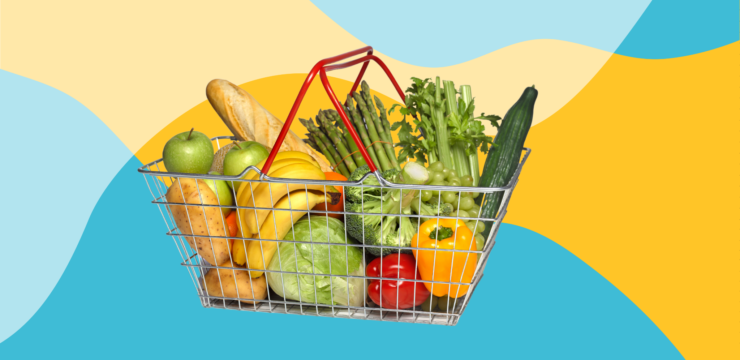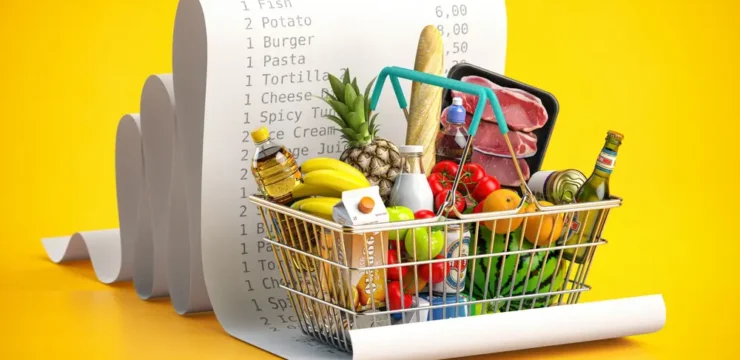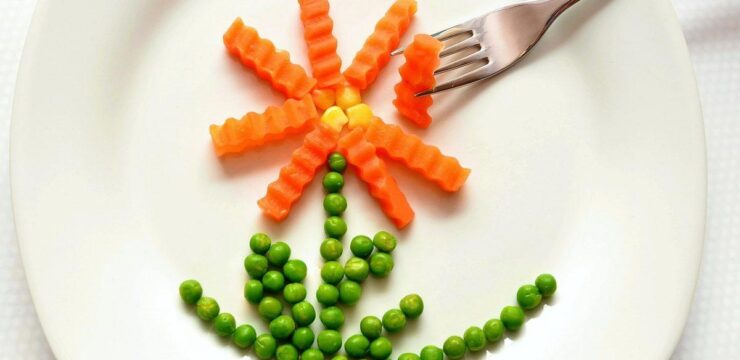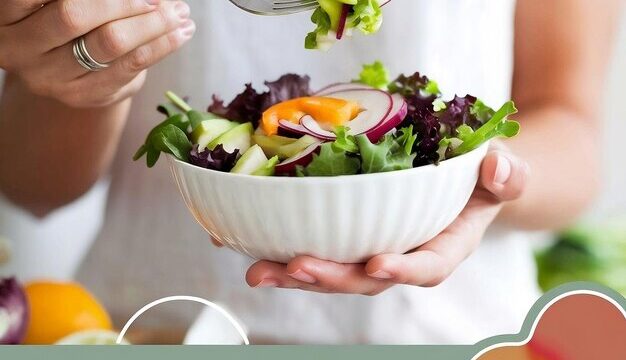The organic food industry has grown rapidly in recent years, but with that growth has come a lot of misinformation. Whether it’s through word of mouth, social media, or outdated beliefs, many people still hold onto myths about what “organic” really means. Here, we break down some of the most common organic food myths to help you make more informed choices at the grocery store.
Myth 1: Organic Food Is Always Pesticide-Free
The Truth: Organic farming does use pesticides—but they must be natural or non-synthetic and approved by certifying bodies like the USDA. These are often less harmful to the environment and break down more quickly than synthetic counterparts.
Myth 2: Organic Means More Nutritious
The Truth: Organic foods may have slightly higher levels of certain nutrients, like antioxidants in some produce, but the differences are generally minor. Nutrition depends more on the type and freshness of the food than whether it’s organic.
Myth 3: Organic Food Tastes Better
The Truth: Taste is subjective. Some people claim organic food tastes better due to fresher produce or fewer preservatives, but scientific studies show mixed results. Factors like ripeness, variety, and preparation play a bigger role in flavor.
Myth 4: All Organic Labels Are Equal
The Truth: Only products with the USDA Organic seal meet strict federal standards. Phrases like “made with organic ingredients” or “natural” are not the same and may only contain a portion of organic content—or none at all.
Myth 5: Organic Farming Is Always Better for the Environment
The Truth: Organic practices generally focus on sustainability, but not all organic farms are equal. Large-scale organic operations can still use significant resources. The best environmental choice may depend on local sourcing, seasonal eating, and farming methods—not just the organic label.
Myth 6: Organic = Non-GMO
The Truth: This one is actually true—certified organic products are not allowed to contain genetically modified organisms (GMOs). However, this doesn’t necessarily mean they’re safer or healthier.
Myth 7: If It’s Organic, It’s Automatically Healthy
The Truth: Organic cookies, chips, and sodas still contain sugar, salt, and fat. “Organic” doesn’t equal “healthy”—it just refers to how ingredients were grown or processed.





